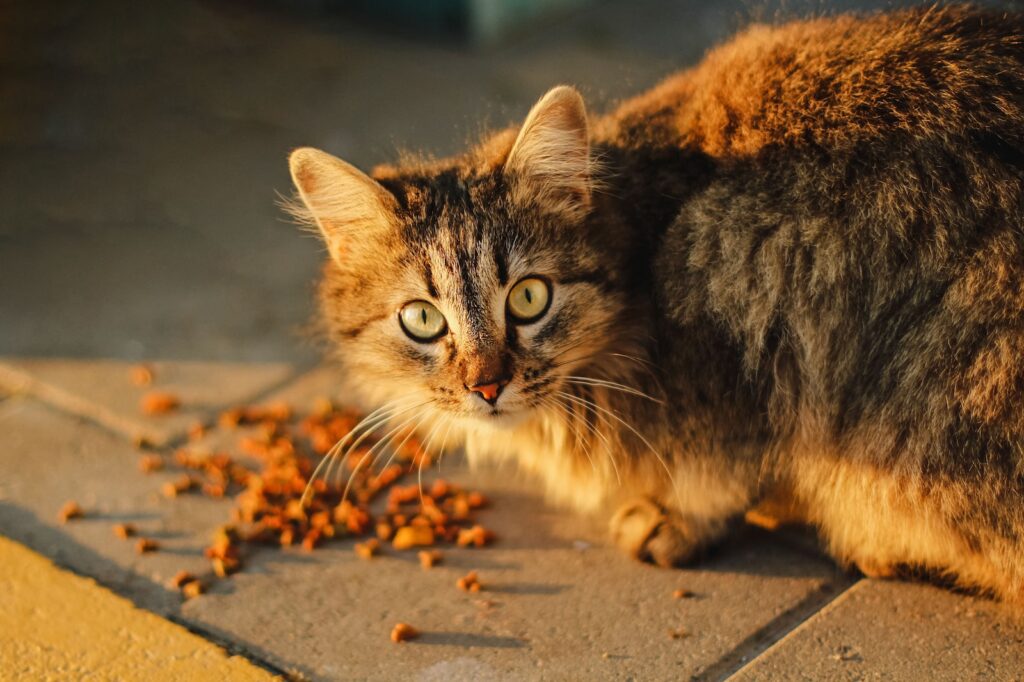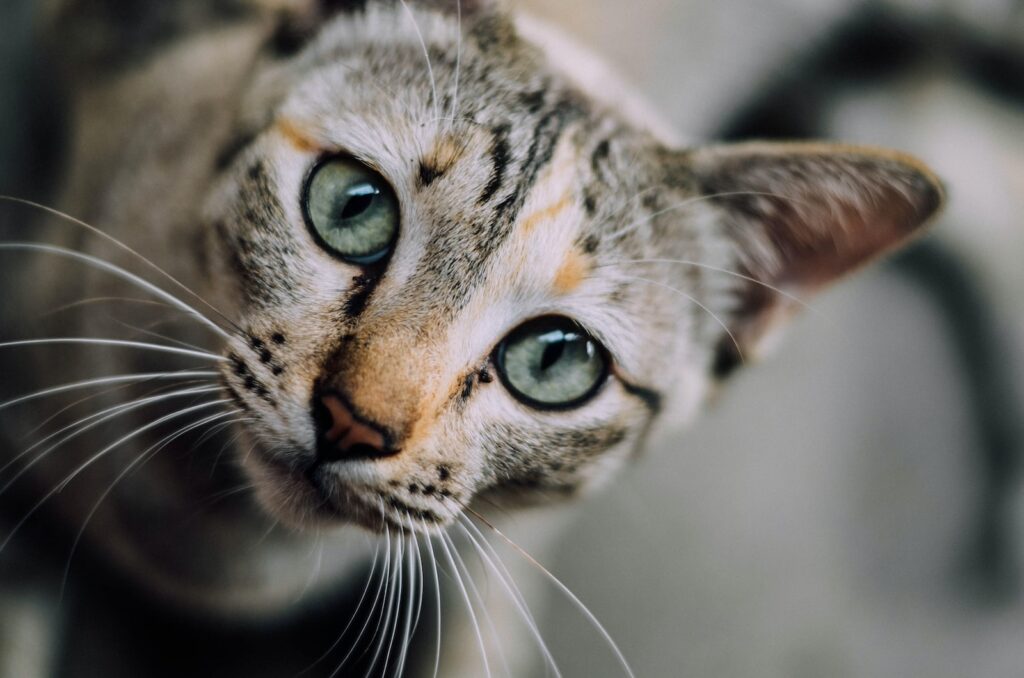Cats need a balanced diet to maintain their health and well-being. In this article, we provide nutrition-feeding guidelines for cats.
What kind of food should I give my cat?

There is no one-size-fits-all answer to this question, as the food that is right for one cat may not be the best option for another. However, here are some general guidelines to help you feed your cat the best possible diet:
1. Give your cat a variety of food types and flavors. This will help to keep him or she entertained and motivated to eat.
2. Make sure the food you give your cat is high in protein and low in carbohydrates.
Cats naturally prefer high-protein foods over low-protein foods, so make sure to include plenty of those in their diet. Carbohydrates can promote obesity in cats, so avoid giving them too many of them.
3. Feed your cat small meals often throughout the day instead of one large meal. This will help keep their metabolism going and prevent them from getting overweight or obese.
4. Make sure the food you give your cat is fresh, and don’t leave it out too long before feeding it to your cat. Food that has been left out too long will go wrong and likely contain bacteria that can make your cat sick.
How much should I feed my cat?
It is important to remember that the amount of food your cat eats depends on its size, activity level, and age. A general guideline is to give your cat 1/3 to 1/2 its weight in ounces every day.
For a 6-pound cat, this would be about 3 to 4 ounces. Adjust the amount of food given based on your cat’s appetite and weight.
Cats are carnivores and their natural diet consists mostly of meat, poultry, and fish. As a result, they need high levels of protein and other essential nutrients in their diet.
The National Research Council (NRC) has developed feeding guidelines that help ensure that cats get all the nutrients they need.
These guidelines recommend a diet that provides 25% to 35% of a cat’s total daily caloric intake from protein, 14% to 18% from fat, and 61% to 74% from carbohydrates. Some additional nutrients that should be included in a cat’s diet are vitamin C, and copper (30 µg per day).
P.S When choosing pet food, it is important to read the ingredients list.
What if my cat isn’t eating?

If your cat isn’t eating, there are a few things you can do to determine the cause. Some cats may be unsure about new foods or maybe reject their old food.
You can try introducing new food one at a time and see if your cat consumes it. If your cat is usually fussy about eating, try giving them a small amount of their regular food in addition to the new food.
If your cat still doesn’t eat, consider taking them to the veterinarian for an evaluation.
How do I know if my cat is overweight?
If your cat is overweight, it is important to take action to help him lose weight. There are a few things you can do to help your cat lose weight, including providing a healthy diet, providing plenty of exercises, and monitoring his caloric intake. Here are some guidelines for feeding your cat:
– All cats need protein in their diets. A good source of protein for your cat is meat or fish. However, make sure that the heart you feed your cat is healthy, and avoid feeding your cat processed meat products. Some other good sources of protein include canned tuna, chicken breast, eggs, and cottage cheese.
– Avoid giving your cat too much sugar. Too much sugar can be harmful to your cat’s health and can lead to obesity. Some good sources of sugar for cats include fruit juices, cereals, candy bars, and bread products.
– Make sure that the amount of food your cat eats is appropriate for his size. A small cat should eat about half the amount of food that a large cat would eat. If you’re not sure how much your cat weighs, use a scale to measure his weight.
When should I take my cat to the veterinarian?
If your cat is exhibiting any of the following signs, it is time to bring them in for a check-up:
-Frequent inability to get up from a sitting or lying position
-Unusual behavior, such as being restless or not eating or drinking
-Change in weight, either dramatically or over time
-Sudden onset of vomiting or diarrhea
